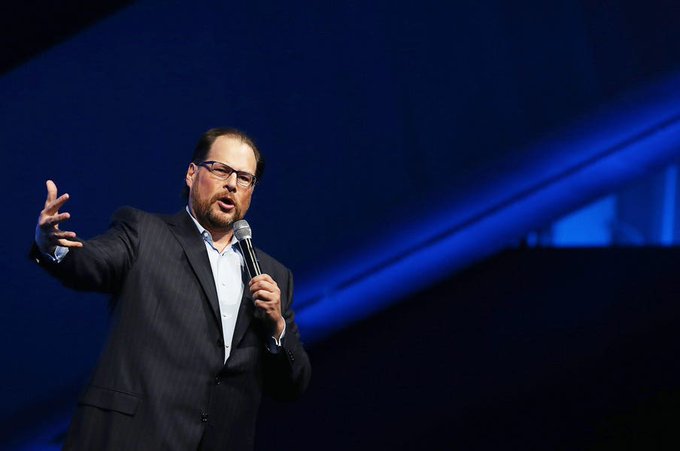OpenAI in Talks With Dozens of Publishers to License Content Amid NYT Lawsuit, But The New York Times, an organization with whom it had been in talks, sued Microsoft and OpenAI last week for allegedly using the magazine’s content without permission.

In an attempt to find more content to train its artificial intelligence models, OpenAI announced that it is in talks with dozens of publishers about licensing their articles.
“We are in the middle of many negotiations and discussions with many publishers. They are active. They are very positive. They’re progressing well,” Tom Rubin, OpenAI’s chief of intellectual property and content, told Bloomberg News. “You’ve seen deals announced, and there will be more in the future.”
Politico’s parent firm Axel Springer SE and OpenAI recently signed a multiyear licensing agreement worth tens of millions of dollars, a source with knowledge of the negotiations previously told Bloomberg. OpenAI and The Associated Press signed a deal in July for an undisclosed sum. These agreements are crucial to OpenAI’s survival since it is trying to strike a balance between the increasing scrutiny over the sources of its data and the necessity for current, reliable data to create its models.
Related: Facebook Introduces Link History on Mobile App to Track Websites You Visit: How to Enable or Disable
However, The New York Times, a company with which it had been in negotiations, filed a lawsuit against Microsoft and OpenAI last week for allegedly utilizing the publication’s content without authorization.
The lawsuit presents an existential threat to the operations of OpenAI. In addition to potentially owing billions of dollars, OpenAI would also be required to expunge any training data that contains articles from the Times, which would be an expensive and difficult undertaking. However, the lawsuit makes it more difficult for OpenAI to negotiate deals with the media sector in the short term.
“The current situation is vastly different than the situations that the publishers faced in the past with search engines and social media,” Rubin said. “Here, the content is used for training a model. It’s not used to reproduce the content. It’s not used to replace the content.”
The Times, on the other hand, disputes OpenAI’s position, claiming that ChatGPT is just stealing its journalists’ work without giving credit for it. The publisher provided examples of ChatGPT reproducing whole paragraphs of almost verbatim material from The New York Times in its lawsuit, however, some have noted that in some cases, ChatGPT was explicitly asked to replicate Times content. That proves OpenAI used data from the New York Times, the publisher claims.
“If Microsoft and OpenAI want to use our work for commercial purposes, the law requires that they first obtain our permission,” The New York Times said in a statement. “They have not done so.”


















